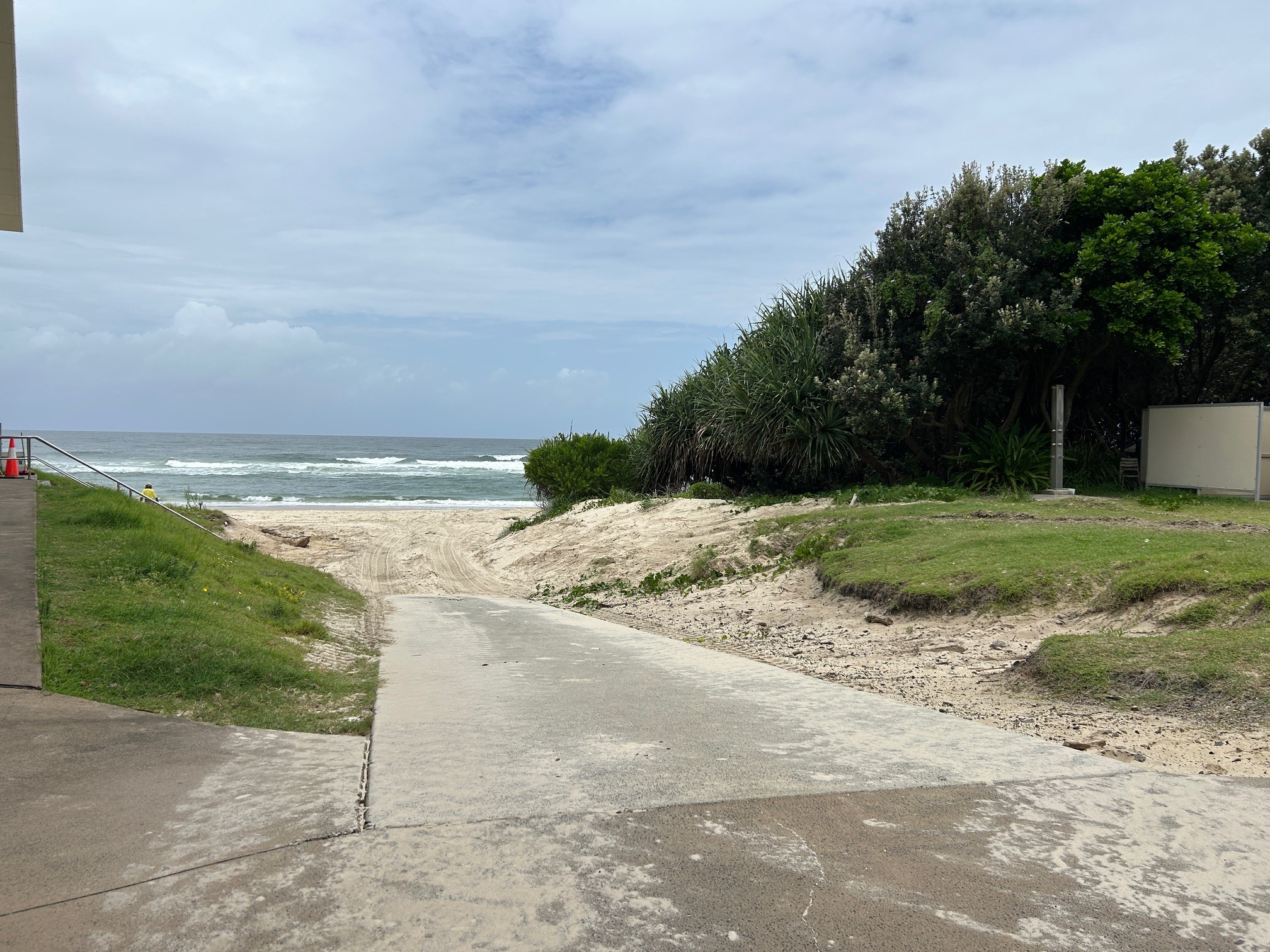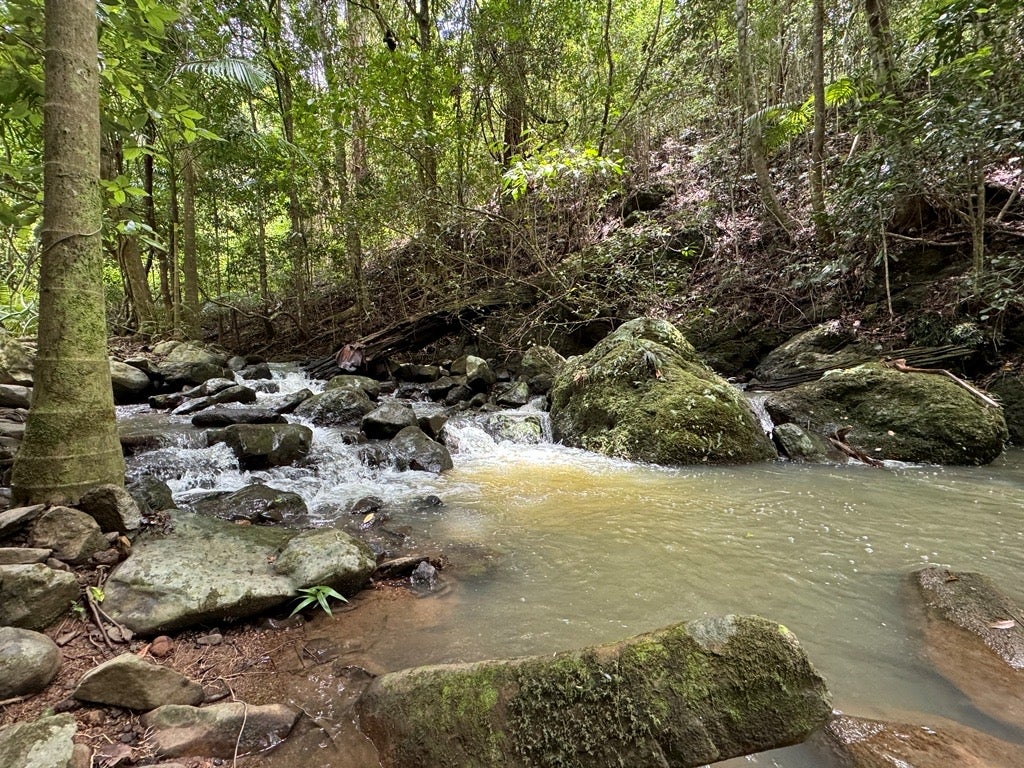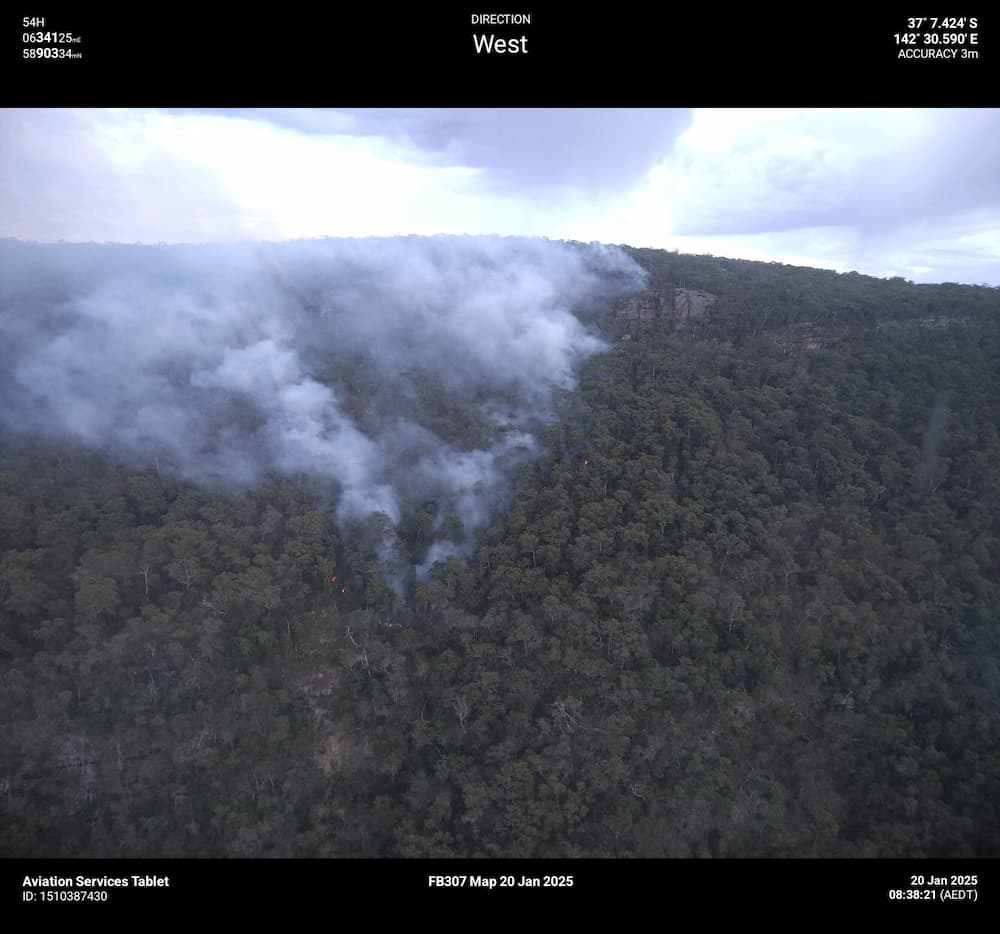Aboriginal Service Unit court-based programs
Circle Sentencing
Circle Sentencing is an alternative sentencing court available for eligible adult Aboriginal offenders who have been found guilty or have pleaded guilty because of criminal proceedings in a local court.
Rather than being sentenced by a Magistrate alone, representatives from the local Aboriginal community help decide appropriate sentences and devise suitable outcome plans for Aboriginal defendants. The defendant sits in a circle with respected Aboriginal community members, support people and the local magistrate to discuss the offending behaviours. The victim may also choose to participate.
ASU Staff facilitate Circle Sentencing sittings and assist ACJGs and/or local Aboriginal Community members and Magistrates to establish Circle Sentencing Courts.
Walama List Pilot
‘Walama’ is a word from the Dharug language meaning ‘come back’ or return. The Walama List is an alternative sentencing procedure for eligible Aboriginal and/or Torres Strait Islander people. It is being piloted in the NSW District Court Downing Centre. The Pilot aims to reduce the overrepresentation of Aboriginal people in custody in NSW and increase Aboriginal community participation and confidence in the criminal justice system. The Walama List will achieve this by working with Elders and respected community members, government, and non-government services to address underlying needs and risk factors related to offending behaviour. The Walama List aims to reduce re-offending and keep communities safe.
Aboriginal Coronial Information Support Officer roles, State Coroner’s Court in Lidcombe
In response to the , two ongoing Aboriginal Coronial Information Support Officer roles based in the State Coroner’s Court at Lidcombe were created. The Coronial Information and Support Program team provides information and support to improve the experiences of Aboriginal families affected by deaths that involve the NSW Coroner. The team gives families culturally safe and sensitive support to navigate the coronial process and assist the court in understanding how to embed culturally responsive practices into its operations.
Aboriginal Client & Community Support Officers
Aboriginal Client & Community Support Officers (ACCSOs) are based at local courts across NSW to support Aboriginal people who come in contact with the justice system. ACCSOs work to improve the quality of justice-related services for Aboriginal defendants, victims, families, and court users. Senior ACCSOs, or SACCSOs are senior frontline staff who provide team mentor-ship.
Aboriginal Bail Support Programs
The Aboriginal Services Unit is working in partnership with the Police, Legal Aid NSW, the Aboriginal Legal Service (ACT/NSW), and the Court Registry to deliver bail support pilot projects in several locations. ACCSOs offer support and information about bail to help accused people better understand their bail conditions, how to meet them and how to seek variations if needed. ACCSOs also help ensure people attend court by sending reminders, and link accused people to community support services. Bail projects are planned and/or underway in Dubbo, Nowra and Lismore.
Driving and Licence Offences Project
The Driving & Licence Offences Project provides coordinated assessments, referrals, information and support services for Aboriginal people attending court with driving and licence offences.
ACCSOs complete a voluntary assessment identifying gaps in service provision, possible diversionary options as well as other barriers to safe and legal driving.
What’s Your plan?
This program aims to reduce domestic violence perpetrators reoffending through increasing understanding and compliance with ADVOs.
‘What’s Your Plan?’ is an evidence-informed approach which uses small behavioural interventions (such as text reminders and the simplified ADVOs) to promote defendants’ understanding and engagement with the ADVO/court process, and help to reduce reoffending.
The ‘What’s your plan?’ session is a 20 to 40 minute discussion between an ACCSO and a DV defendant in court, focused on agreeing to an action plan to avoid breaches. It covers:
- Orders: Discuss their ADVO to ensure they understand exactly what it means
- Imagine: Identify their motivation and goal for complying with their ADVO
- Challenges: Create an ‘if-then’ plan to overcome challenges they may face
- Action: Follow-up text messages and phone call
Justice Health Partnership
The ASU and Justice Health have a protocol to facilitate mental health assessments for eligible Aboriginal offenders appearing in Broken Hill and Parks local court. Criteria for eligibility are:
- being 18 or over
- having, or being suspected of having a mental illness or cognitive impairment
- being in the Local Court with a summary offence
When a person is identified as suitable for the service, the ACCSO liaises with the Clinical Nurse Consultant (CNC) based at Dubbo Local Court, who completes a mental health assessment with the nominated person via AVL. A report is provided to the Magistrate, Defence Solicitor and Police Prosecutor, which includes information about the individual’s mental health and any recommendations for care and treatment where appropriate.
Aboriginal Service Unit community-based programs
Aboriginal Community Justice Groups
Aboriginal Community Justice Groups (ACJGs) are representative groups of respected Aboriginal community members, service providers and justice agencies who come together regularly to examine crime and offending problems in their communities and develop solutions to address these issues. ACJGs recognise that local Aboriginal people know their communities and are best placed to recommend actions to help keep their communities safe.
Annual Koori Knockout Campaign
The NSW Aboriginal Rugby League Knockout Carnival (Koori Knockout) is held every October Long Weekend. It attracts tens of thousands of Aboriginal fans and participants. The ASU runs a publicity campaign in the leadup to the Knockout to encourage people who have justice order conditions that they may breach if they travel to the Knockout to go to their local court and ask to have their conditions changed. The ACCSOs at various local courts across NSW distribute information cards and put up posters in court registries.
Leaving Footprints
Leaving Footprints is a voluntary pilot education project that explores the impact that lateral violence and domestic violence have on participants’ communities and their lives. The program helps participants reflect on the footprints they are leaving for their family and community to follow.
The ASU developed the program that uses a cultural approach to teaching and learning. It is designed for adult Aboriginal male community members and clients of DCJ and other government and non-government agencies, including those who have offended but are showing a willingness to change. This may include first time offenders with domestic violence matters, and those who previously had domestic violence offences or Apprehended Domestic Violence Orders.
The program runs across three half-day sessions and uses activities and discussions to examine the concepts of anger, stress, and violence. It helps participants understand how these can influence behaviours and lead to offending and, in some situations, community friction.







